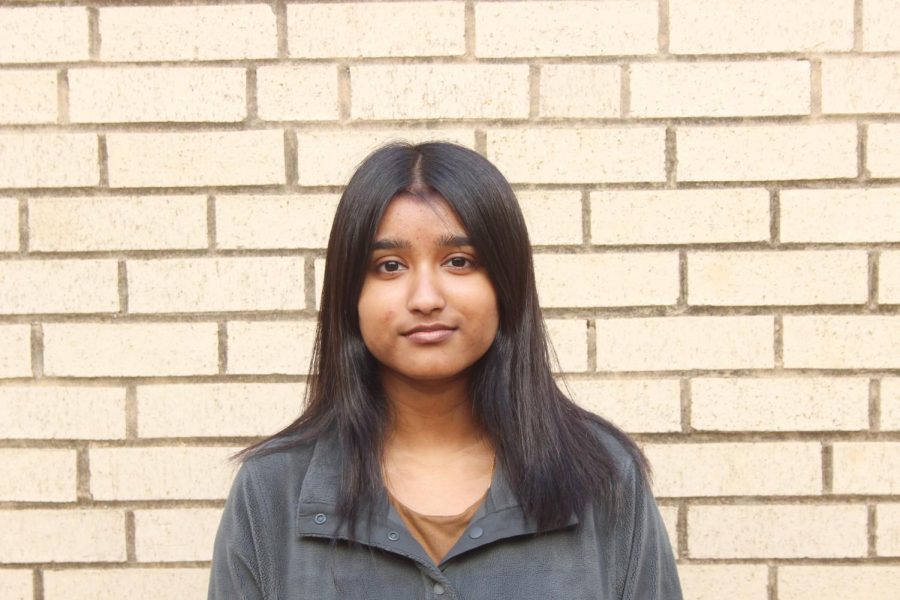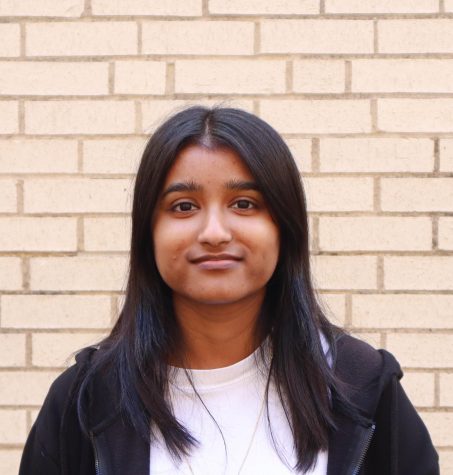The more my eyes scan the bustling streets of Dhaka, Bangladesh, the more I don’t feel like I’m returning home. I pass buildings, houses I’ve visited, the hospital I was born in, but the fleeting memories from my childhood pale in comparison to the unfamiliarity I feel.
My appearance doesn’t scream “outsider,” but I feel foreign in my hometown. I remain camouflaged by my features and heritage, fitting into the sea of millions of tan-skinned, dark-haired faces swarming the streets. As far as they know, I am home.
But I feel like a tourist.
Bangladesh—the country where I was born—felt more like a vacation spot to me than my birthplace. I’ve lived in America for nearly my whole life. I turn my attention back to the roads. It’s so vastly different than the small Texan suburbs where I’ve spent most of my life. Groups of pedestrians part around the lush tropical trees that line the streets. Jewel-toned rickshaws, decorated with hand-painted elephants and peacocks wait impatiently with the rest of the traffic. Hundreds of shiny, honking cars transport their passengers, such as mothers and their out-of-place, Bangladeshi-but-not-really-daughters.
Stray dogs and street sellers cry out over the sea of car horns, adding to the rich orchestra of city life. Most would tune out the perpetual cacophony of the city, but as I take in the chaos, I pull on one sound out of the steady drone like a thread to pull me out of my stupor. Over the low roar of car engines, horns and turning wheels, the warm summer breeze carries voices into my ears.
“Flowers for sale!” yells a man, his face lost in the crowd. He’s not speaking English, but after picking out the faraway sounds of his voice from the loud noises of the streets, sewing each syllable together in my mind and matching his words to their meanings, that’s what I understand. The thread tightens, and I feel awake.
After a short journey, the car rumbles to a halt as the driver pulls into the winding driveway leading to my cousin’s house. Though I am still unaccustomed to the sprawling greenery and the warm tropical mist that hangs in the air, as soon as I set foot inside, I feel welcome. Noises once again fill the air, but this time they’re all voices. Now, I feel multiple threads, knitting and weaving and stitching together until they form a web of tight connections that tie us to each other.
Speaking with my family and staying at their home made me feel a closeness to my culture I didn’t realize I missed. Sure, I noticed a certain absence in some places—at school, for instance, where people mocked our food, our clothes, our lifestyle—but with my parents, I still felt a link. I didn’t realize how far I had alienated myself from my heritage until I made connections with my relatives. They quickly went from strangers to distant family to friends all within the span of a few weeks. After living with them, I was able to shed the slight aversion to our culture I never realized I had. Our ties not only brought me closer to my heritage but also to other people, which was quite the achievement for a reserved, young me. Our language allowed me to make connections that I might never have had the opportunity to gain otherwise.
Even after returning to America, I never lost sight of how important making connections is. My last trip to Bangladesh helped break my insecure pre-teen self out of my shell, over new lands, new people, and a culture I hadn’t realized I’d all but left behind. Back then, it was a shared language, that common thread that tied us together like a close-knit sweater. I went from feeling lost in a big, big country to finding a small home during our stay. Nobody can definitively know where their life will take them, but after experiencing how making connections tied me to my culture and other people, I will never underestimate the power of these intricate ties.









